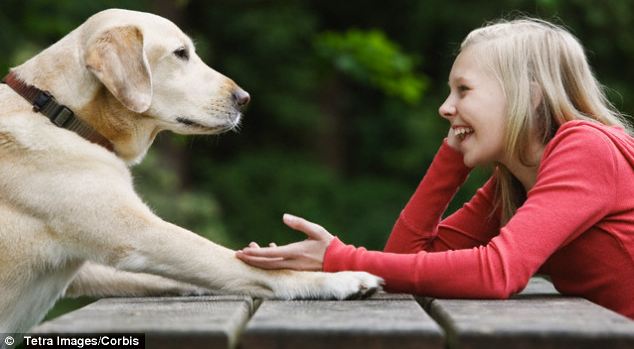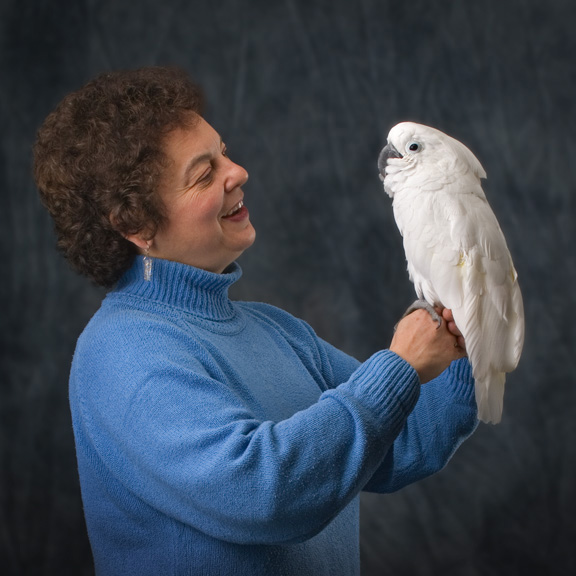Are there people out there who don't talk to there pets? Those of us with pets know that they tend to respond to our voices quite a bit so we talk to them fairly regularly. But apparently not everyone thinks that is the most mature or sane thing to do.
Well, as it turns out, talking to your pets doesn't mean you are going crazy, it actually means you are probably MORE intelligent than those who don't.

According to a study by Behavioural Science Professor, Nicholas Epsey, the process of giving human characteristics to animals and inanimate objects isn't such a bad thing.
"We often name objects like cars, instruments, boats, and cameras"”all items that we develop special relationships with and consider extensions of our own identities. But it goes beyond naming: We think our cat is acting "sassy"; that the stock market is "angry" or "working to recover;" and we ask our car "why it won't turn on" and call it a "rickety old man" when it starts to stall," He explains "This is just the byproduct of having an active, intelligent social cognition"”of having a brain that is programmed to see and perceive minds."

Apparently this has been happening for thousands of years and the reason is one of these three options.
- Humans are hardwired to find faces everywhere, and that affects how we think about the object and then attribute human-like traits to them
- We attribute minds to objects we like because when we like something, we become attached want it to have a name and characteristics.
- Because they are unpredictable, we think that means they are human. When an inanimate objects acts out of character or an animal does something bizarre we try to figure out why as if it were a human.

The researcher explains that while a lot of people claim that it is too childish to give names and personalities to objects and animals that it actually requires a lot of thought.
"Recognizing the mind of another human being involves the same psychological processes as recognizing a mind in other animals, a god, or even a gadget. It is a reflection of our brain's greatest ability rather than a sign of our stupidity."
Do you have conversations with your pets?

